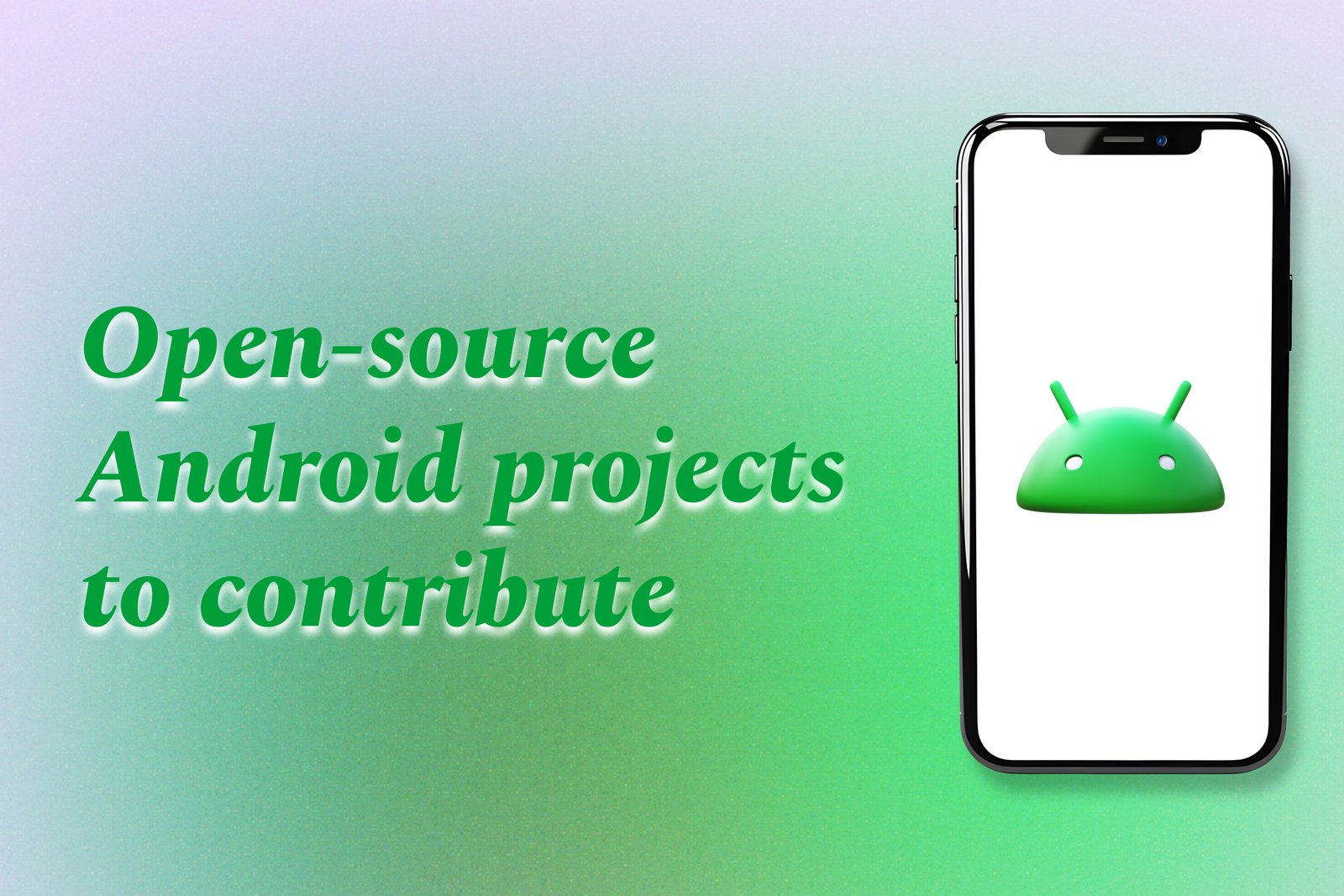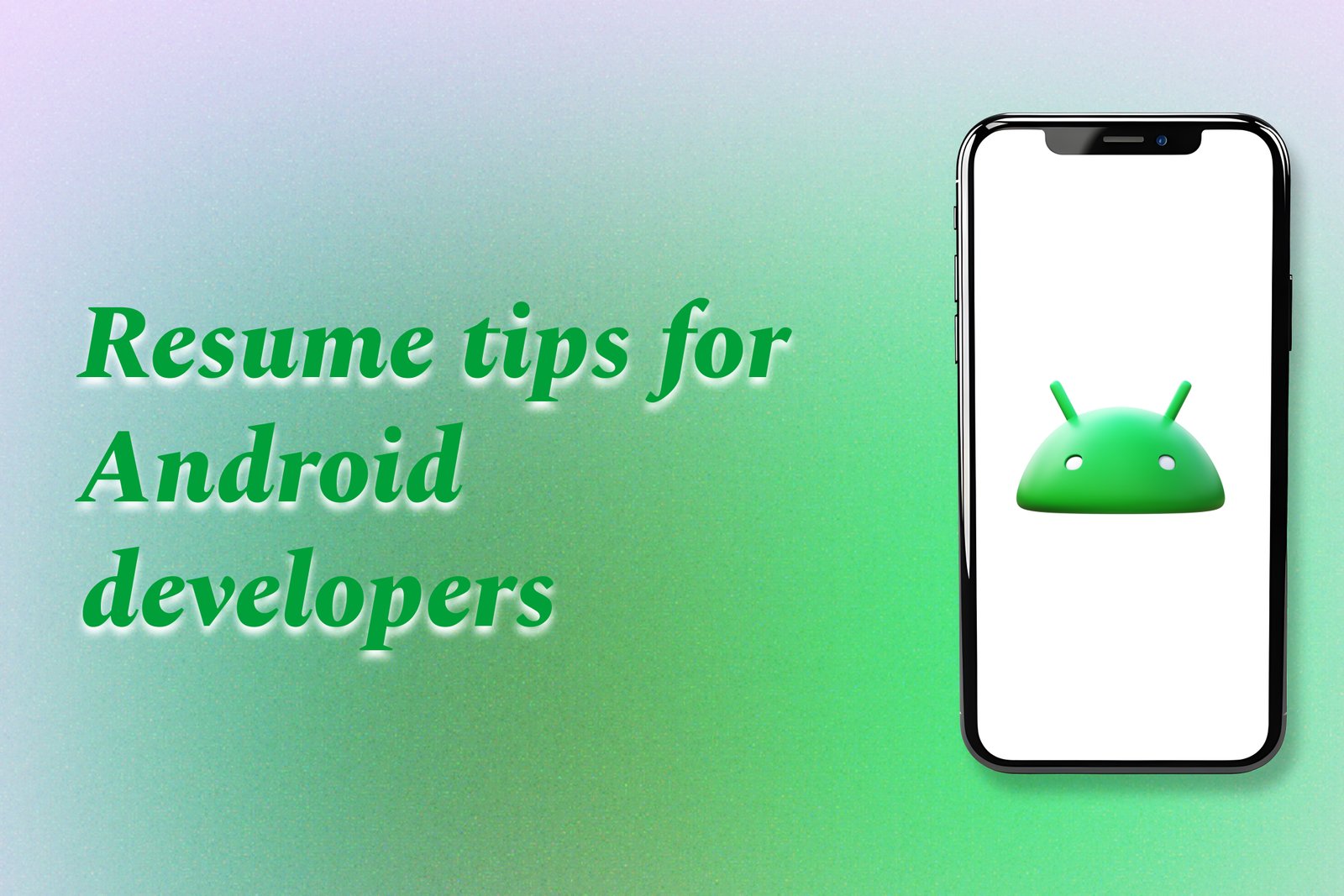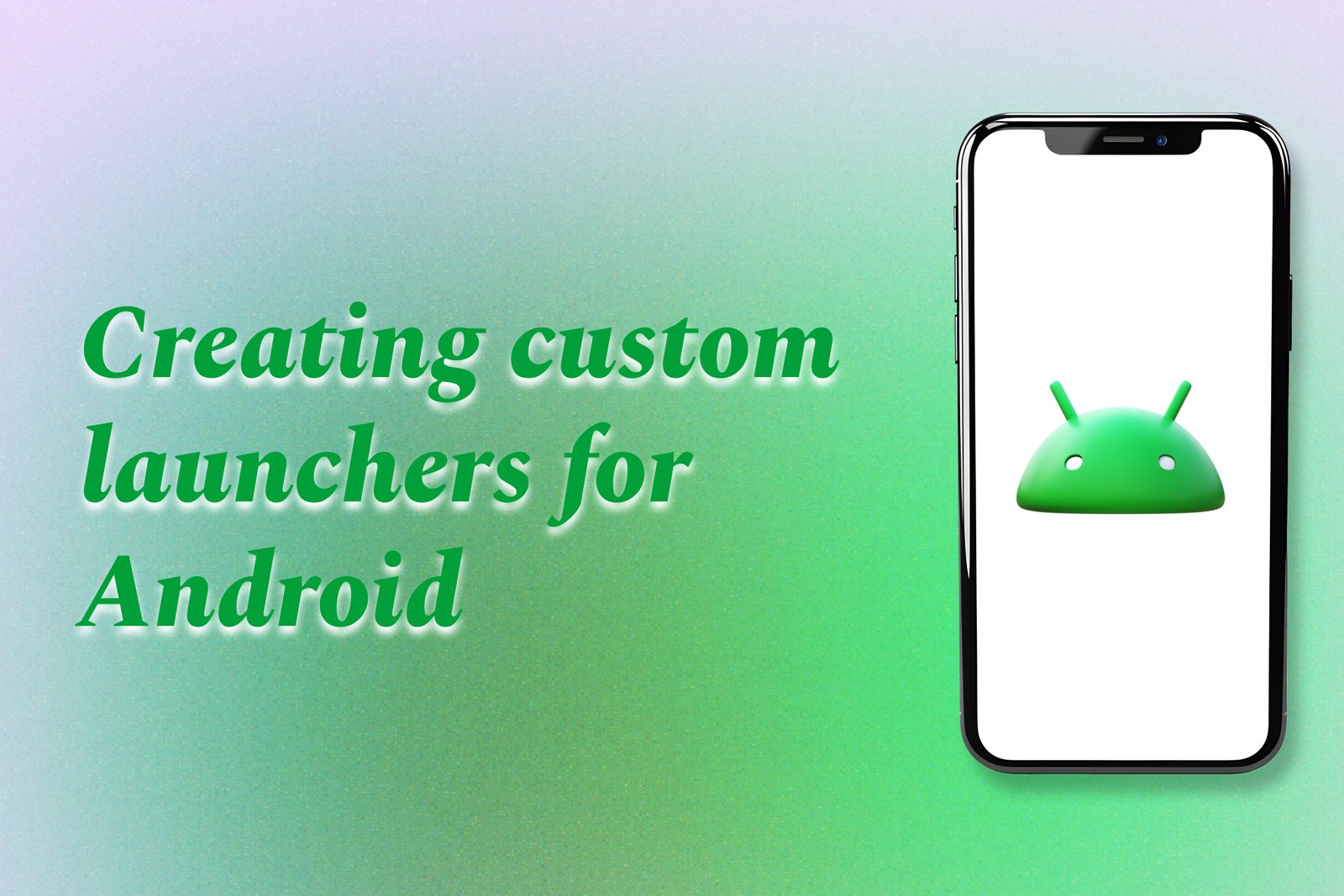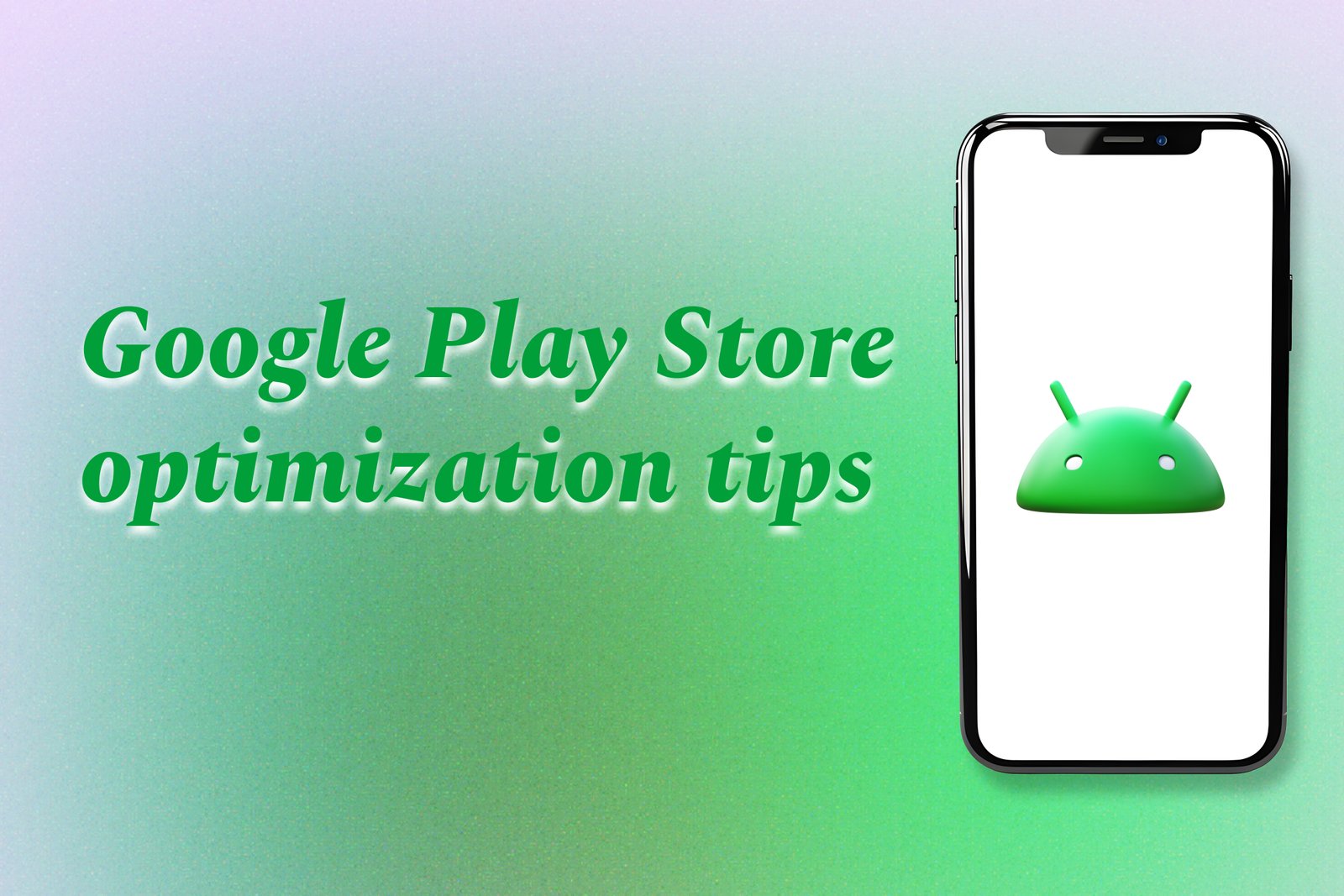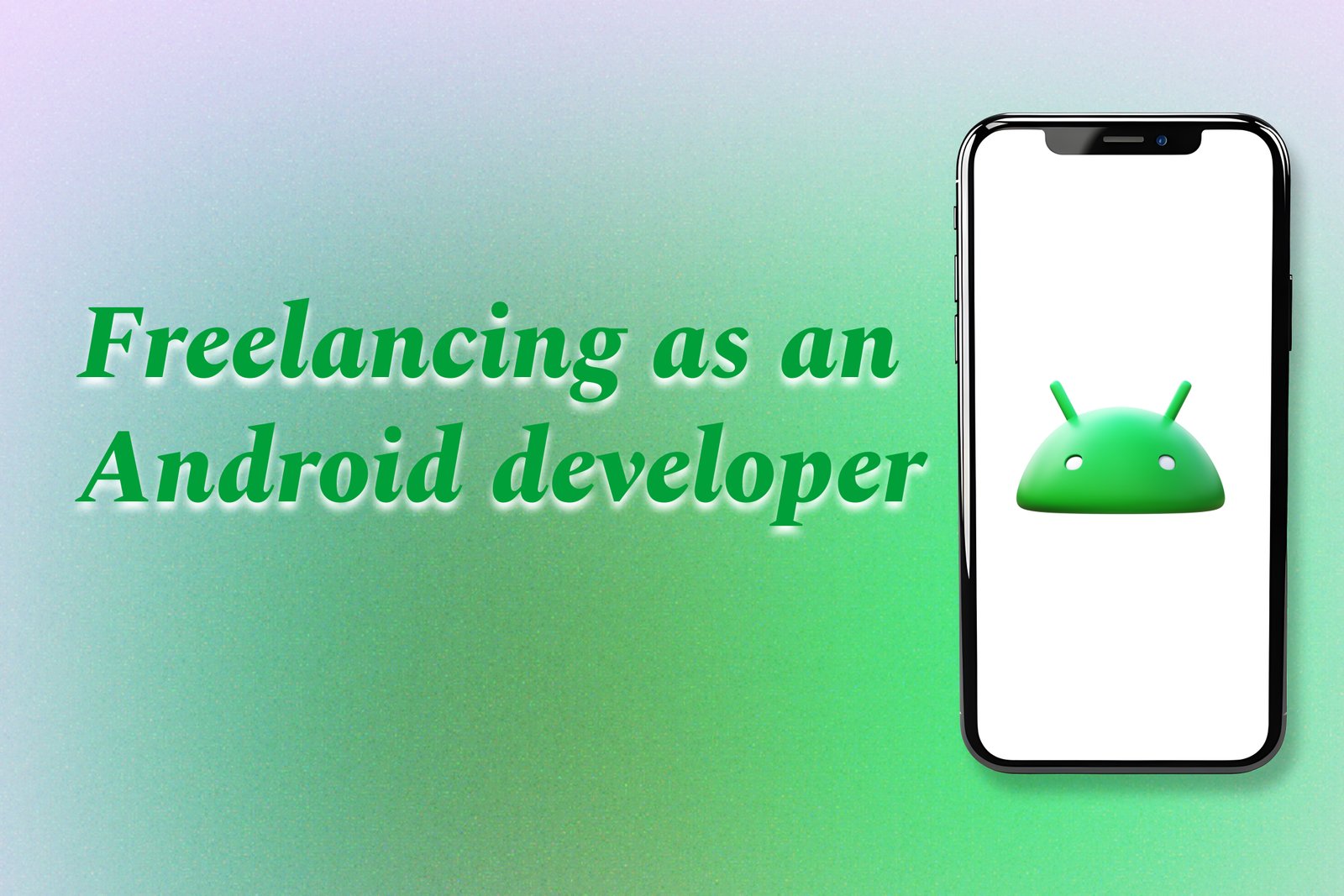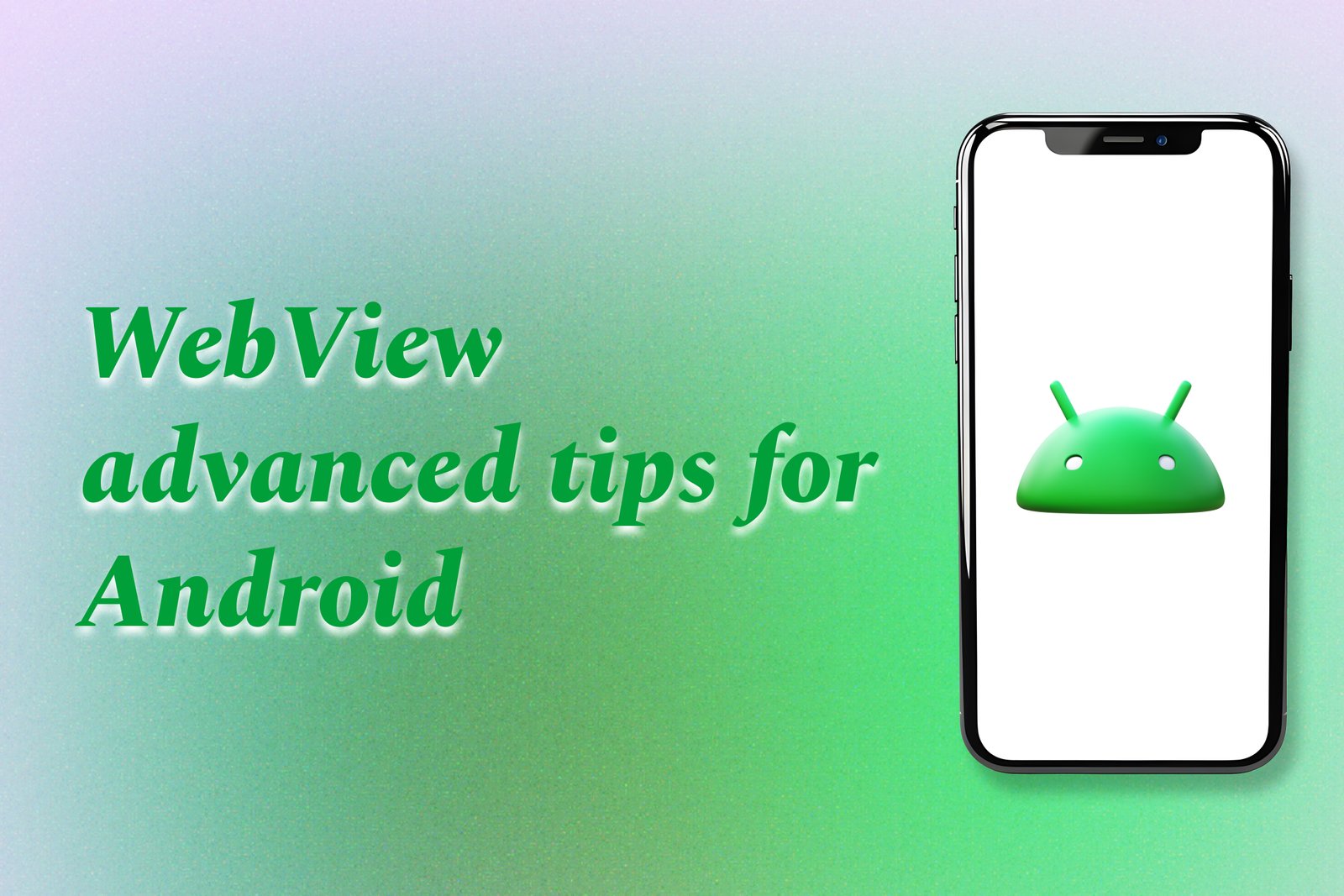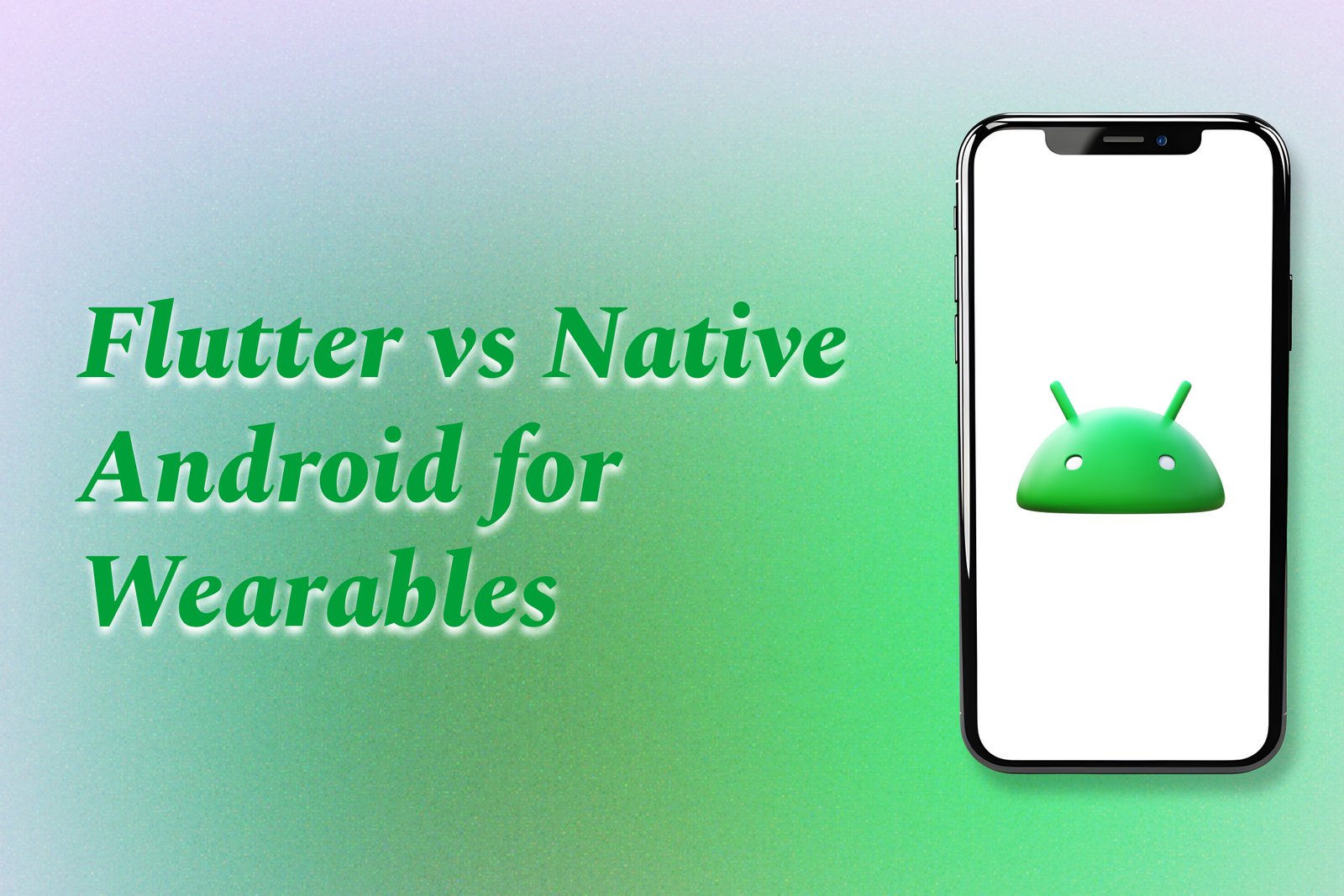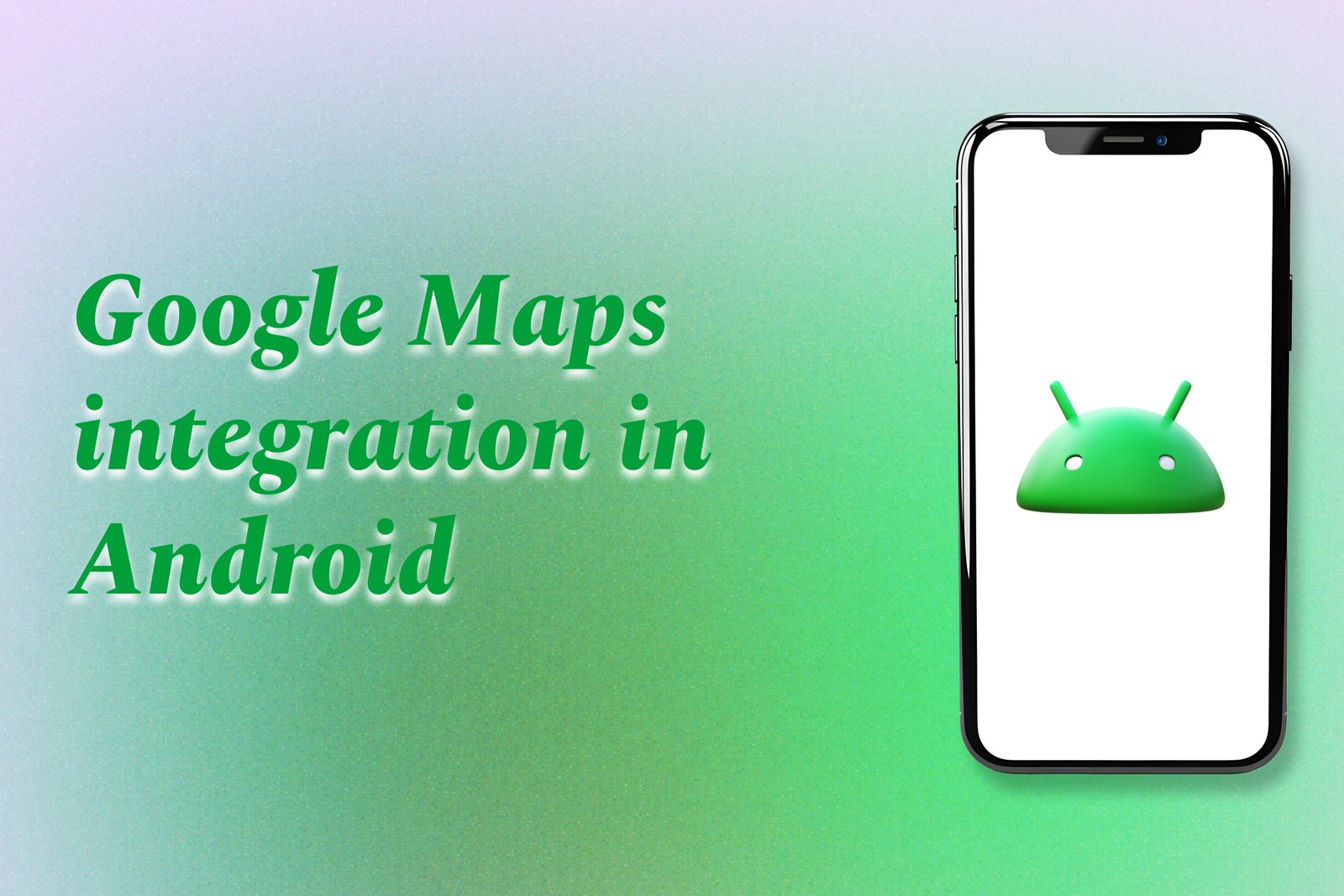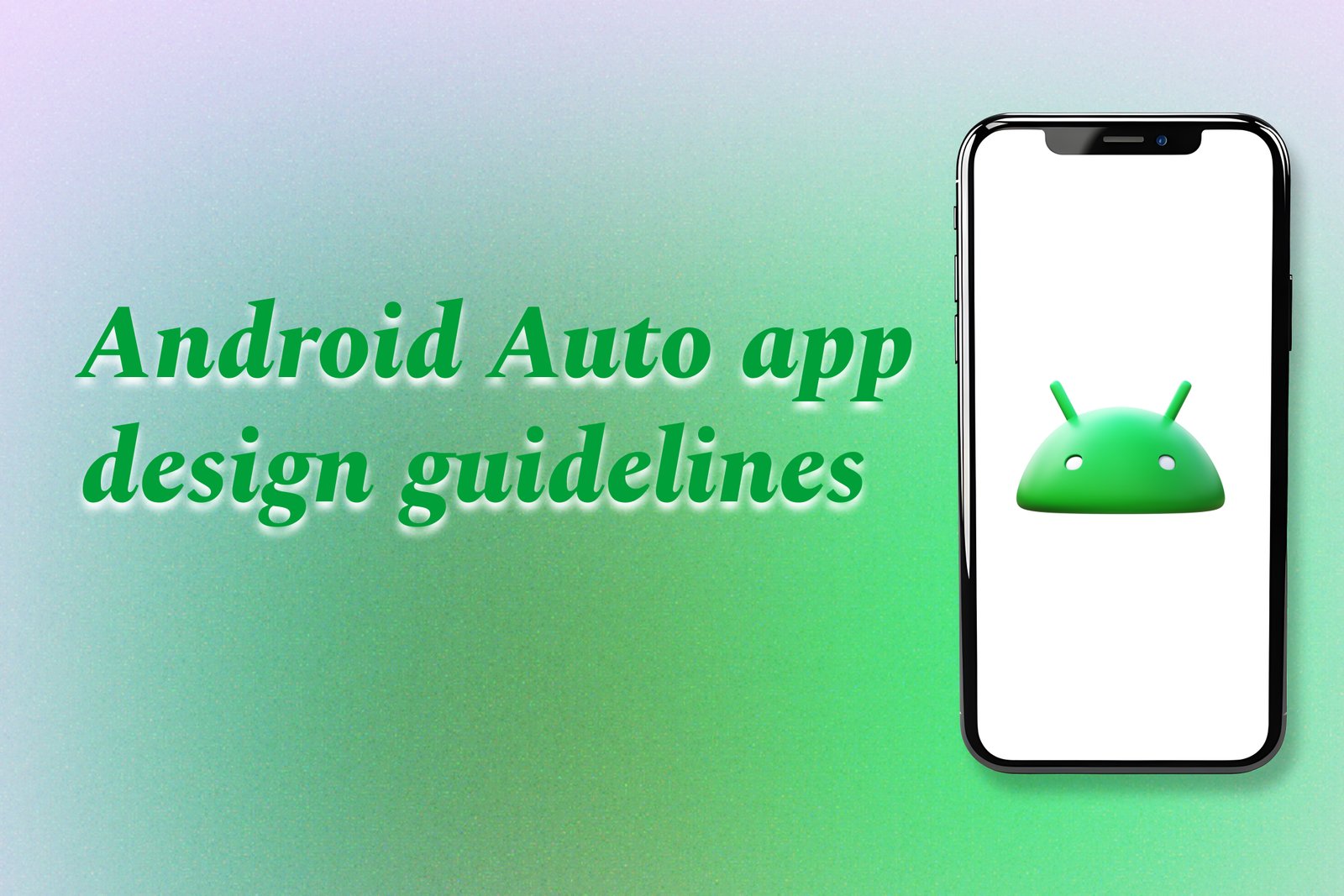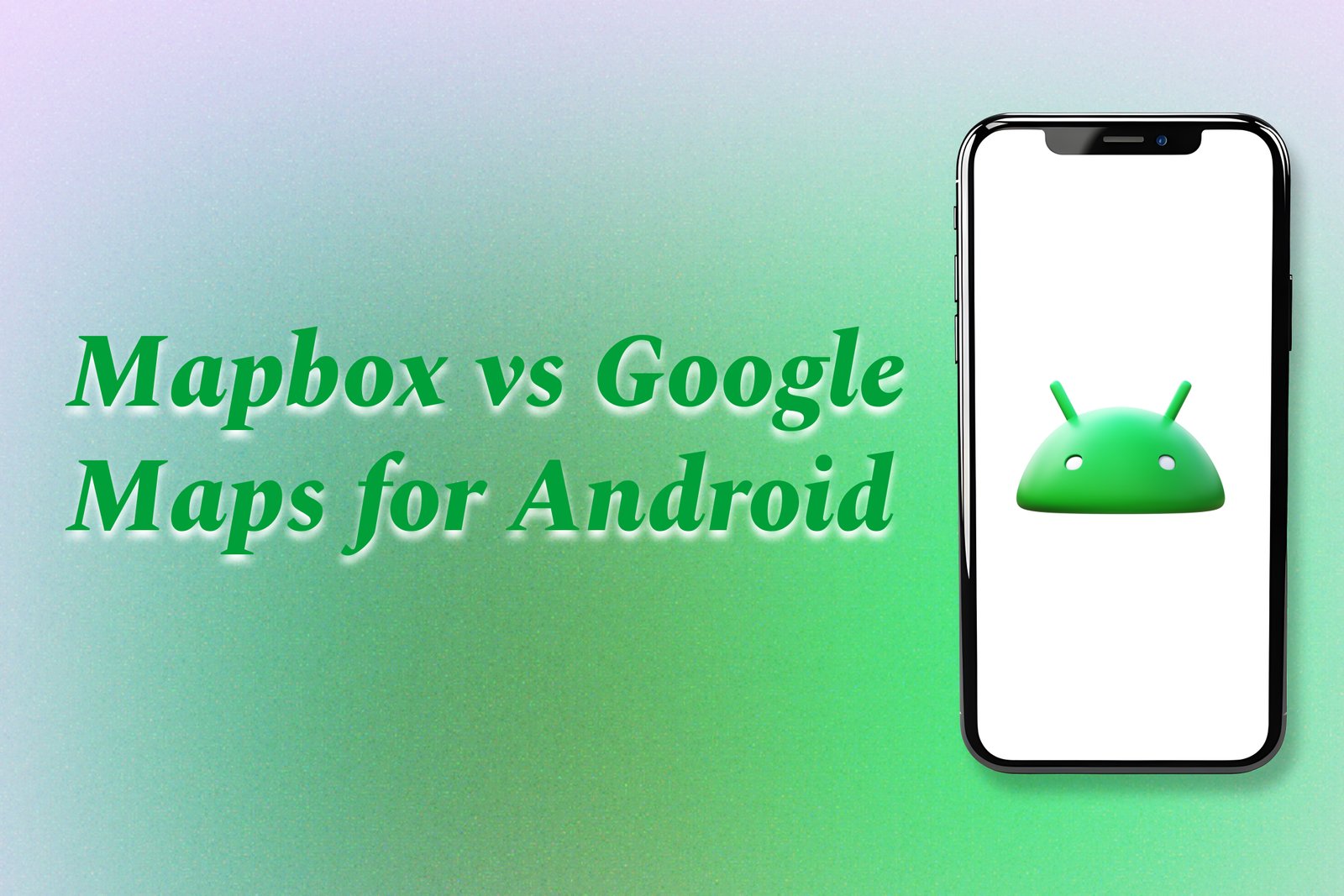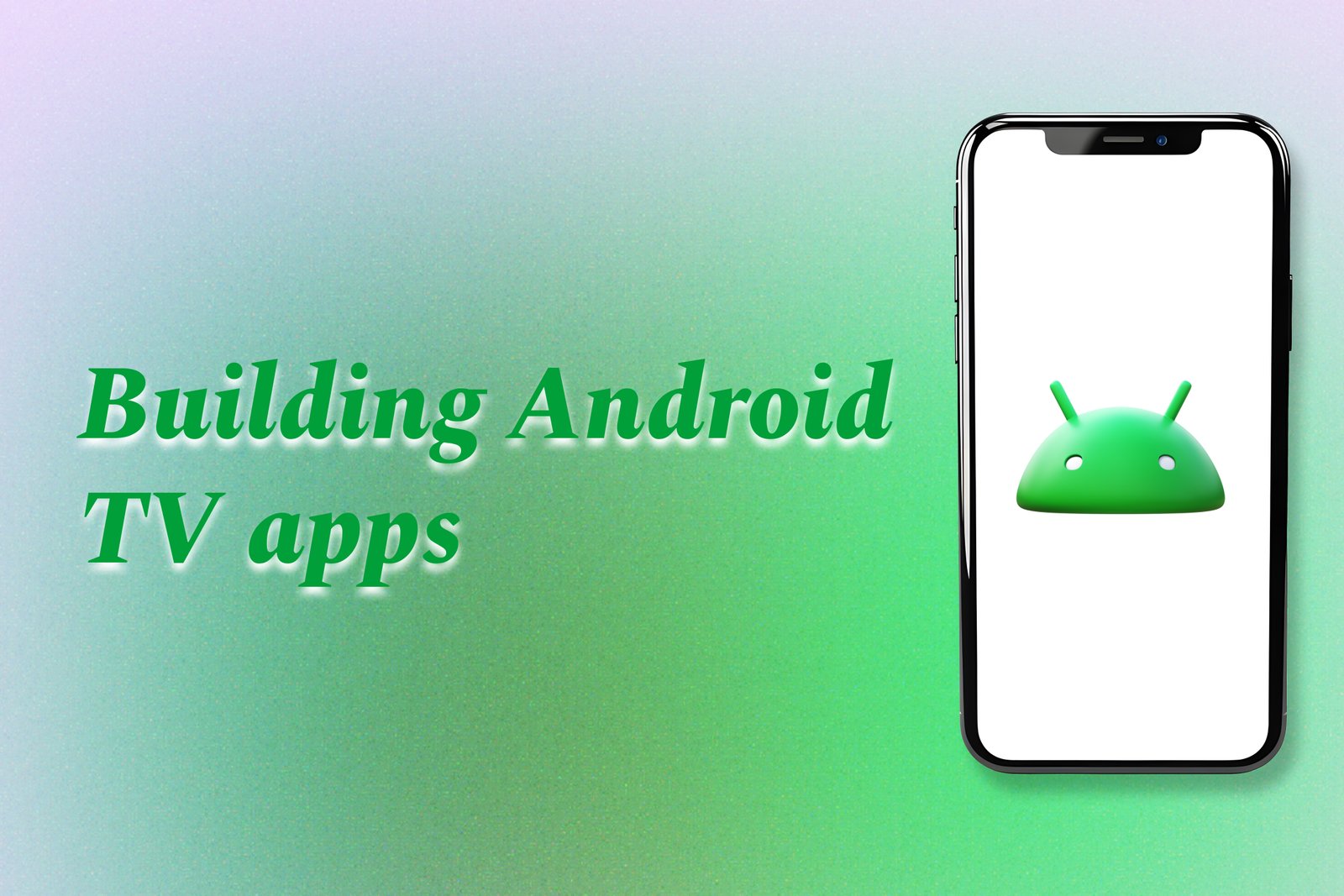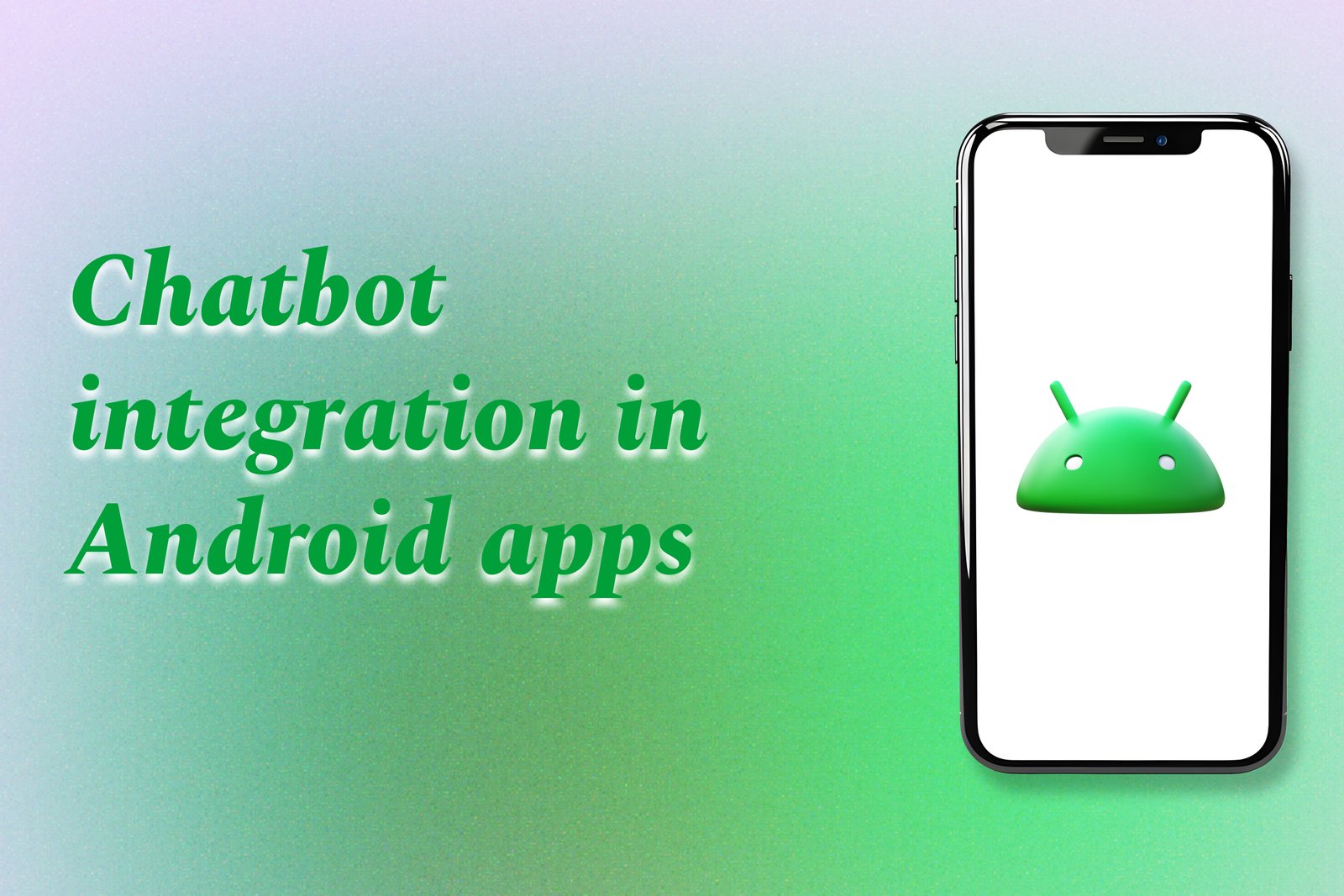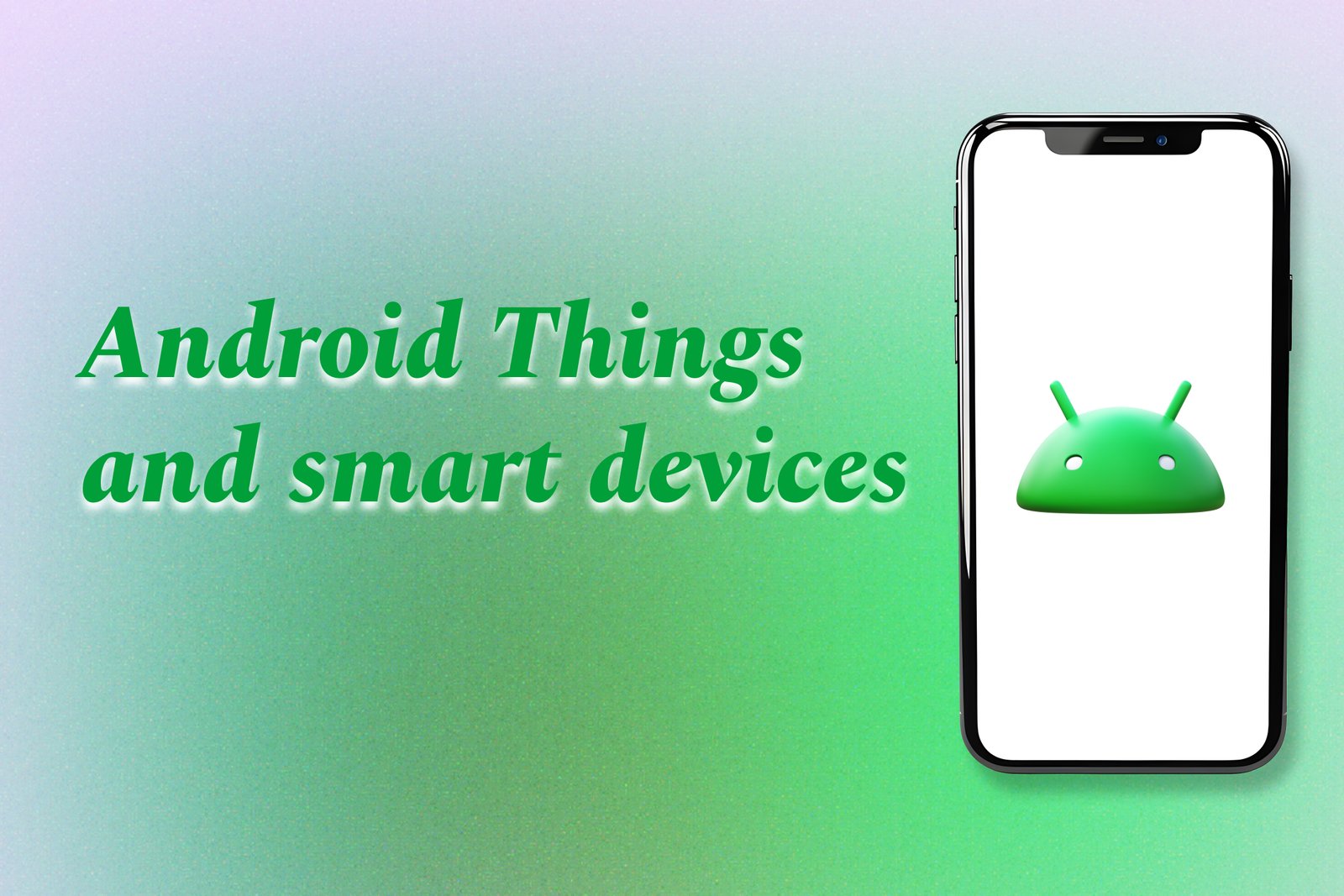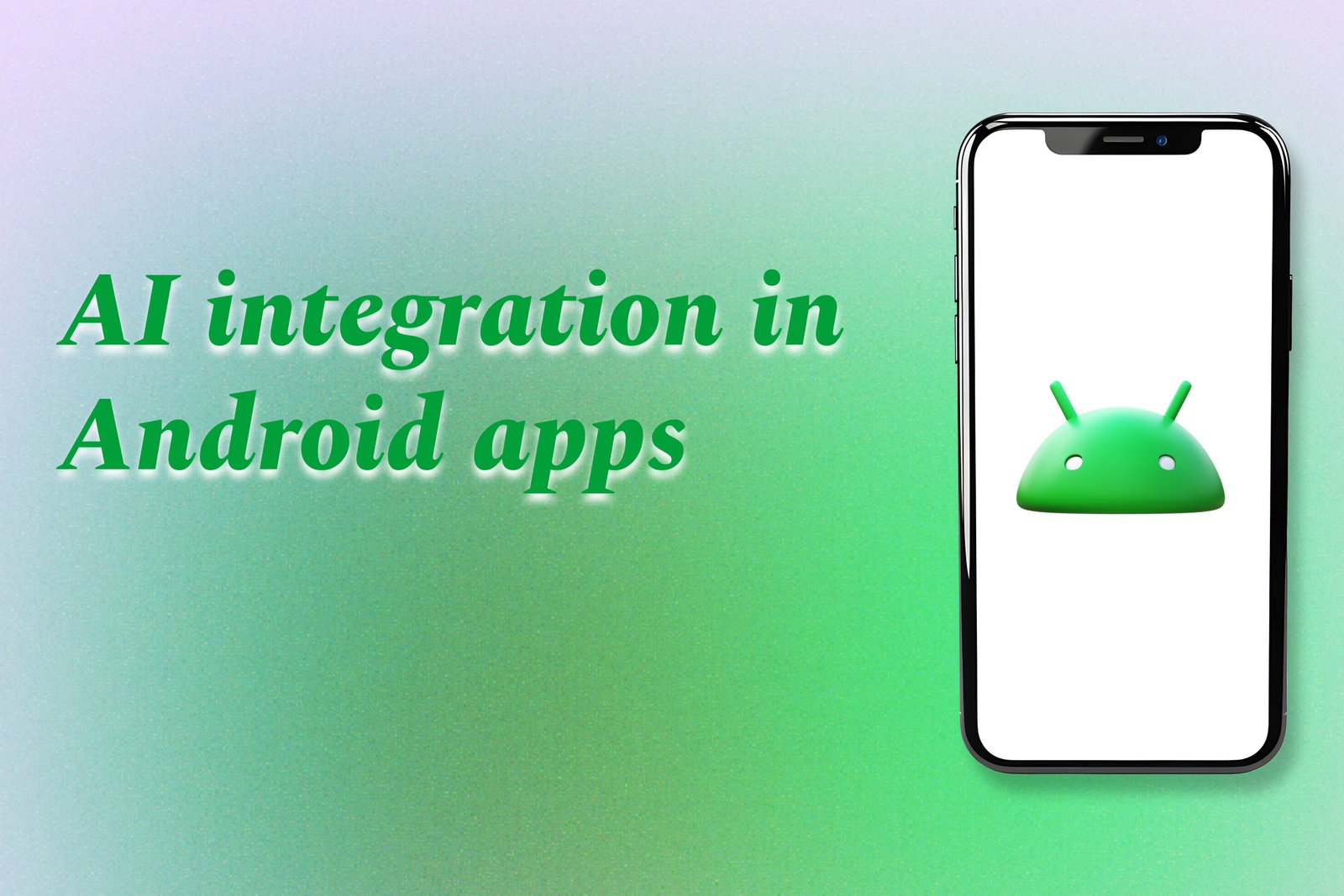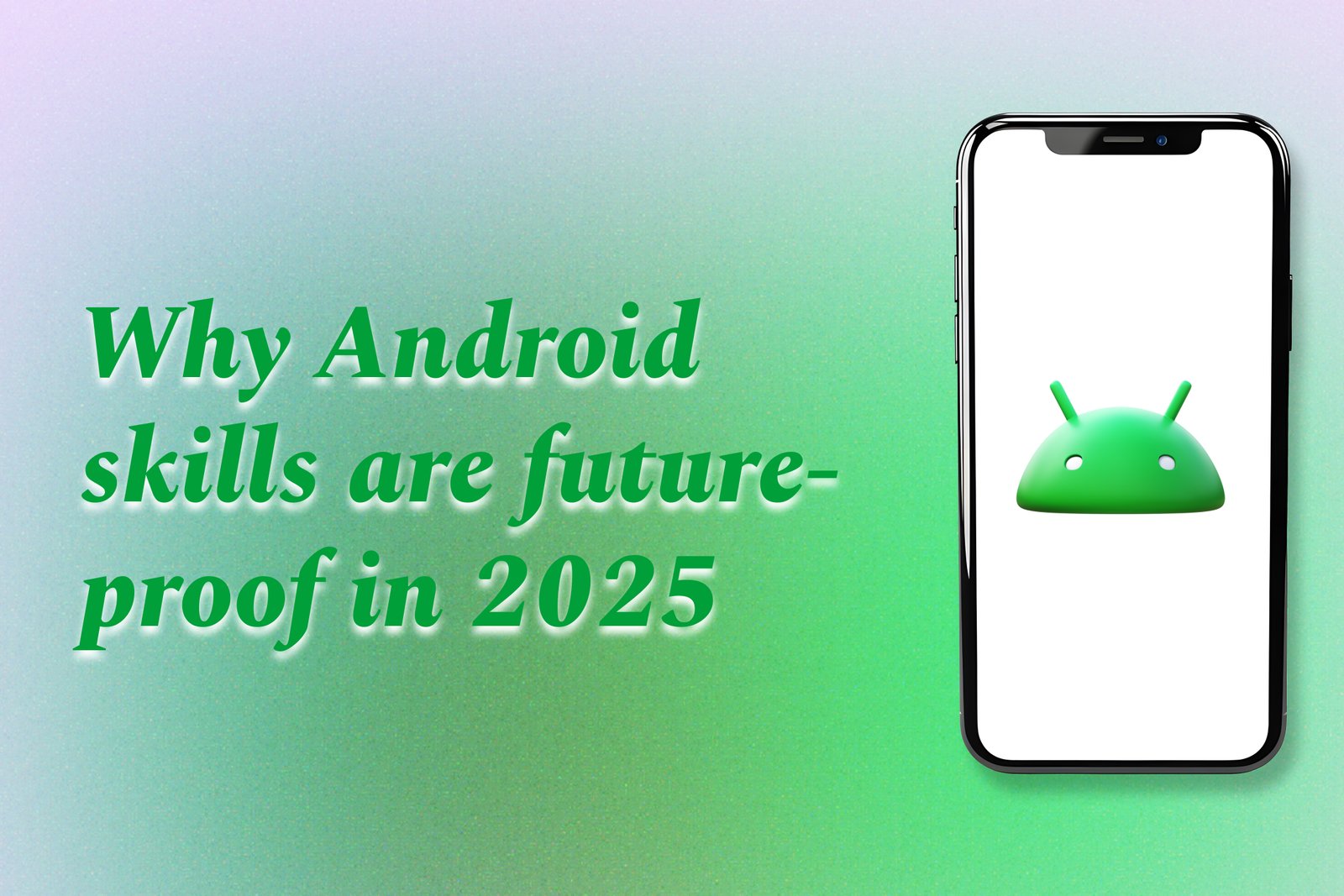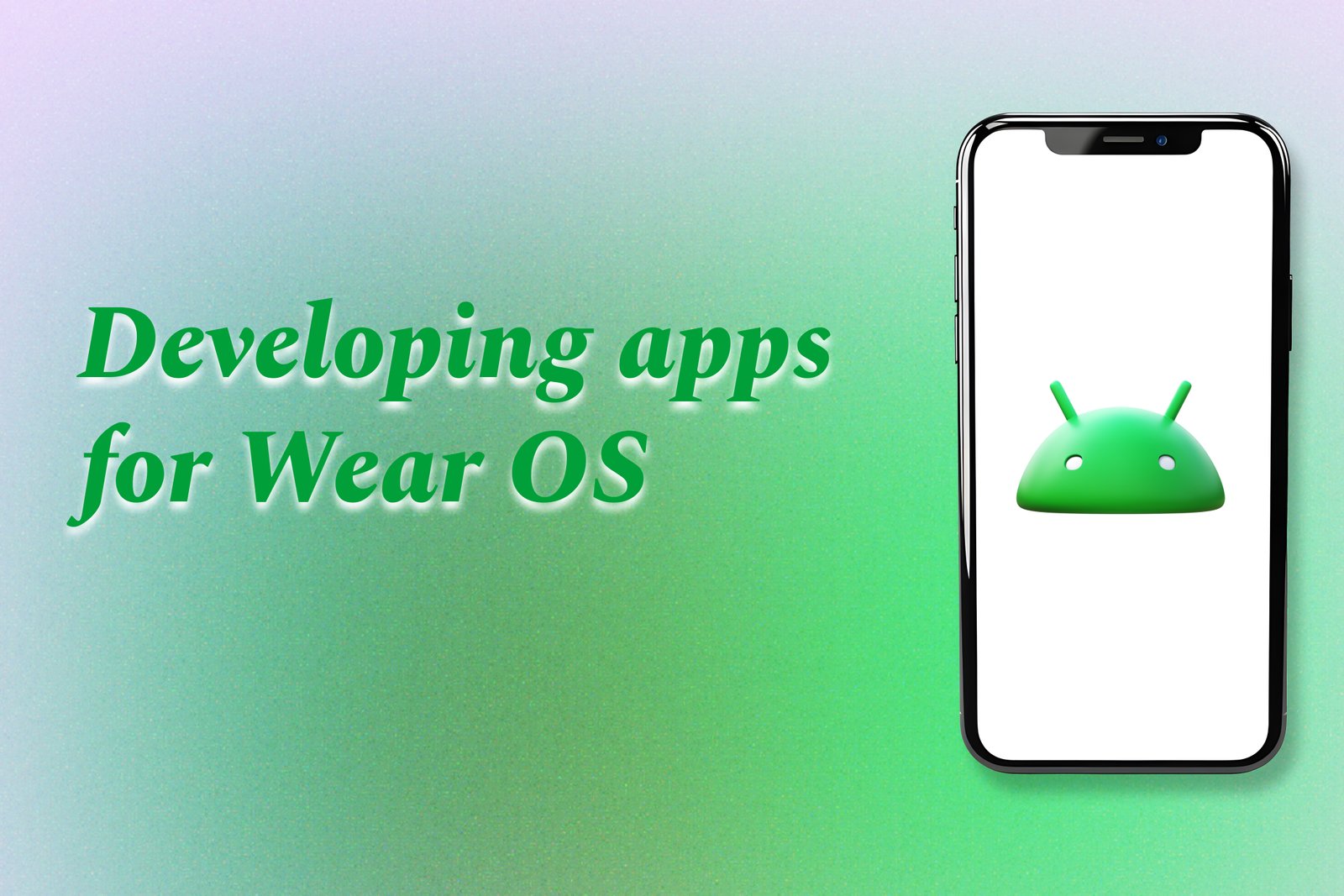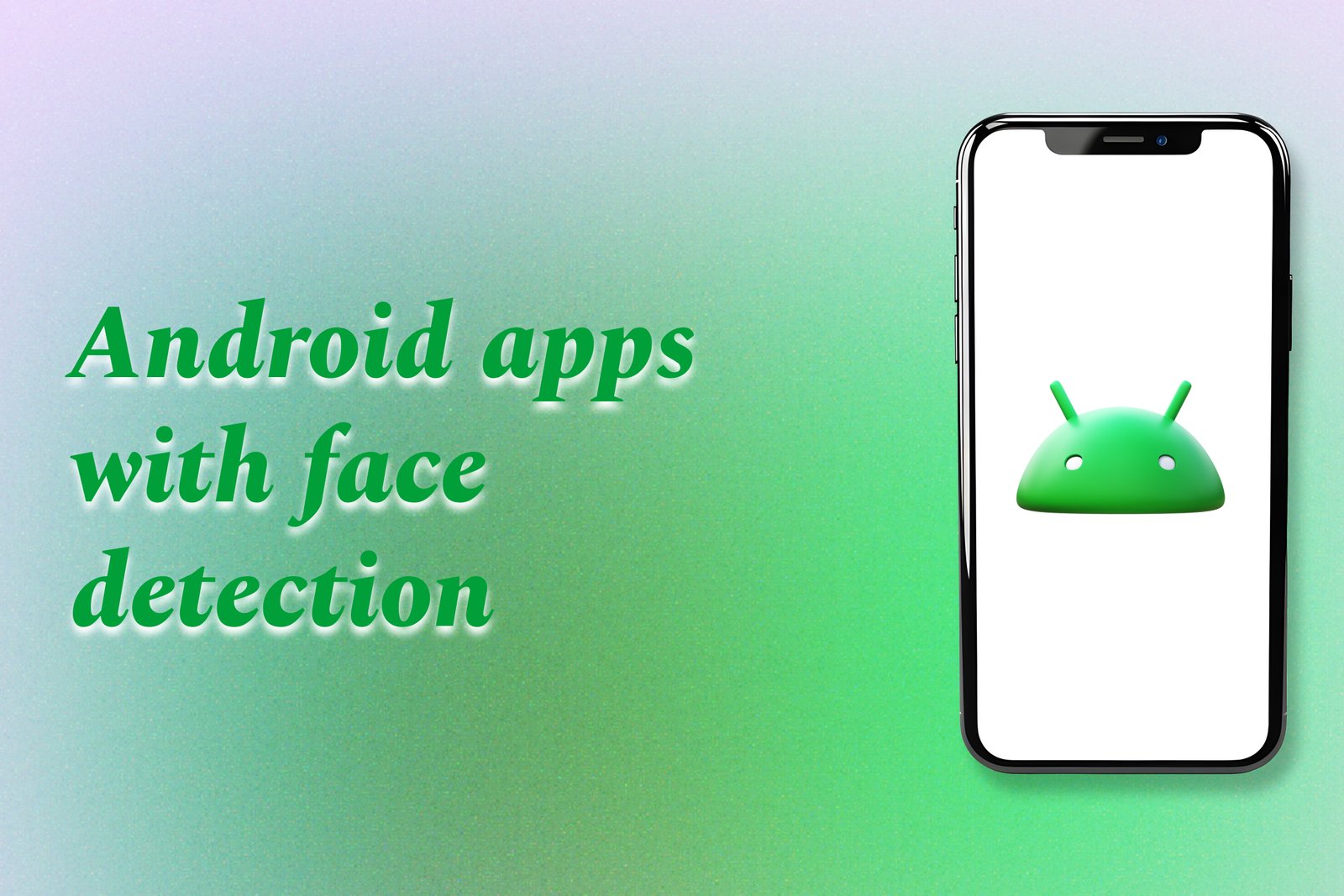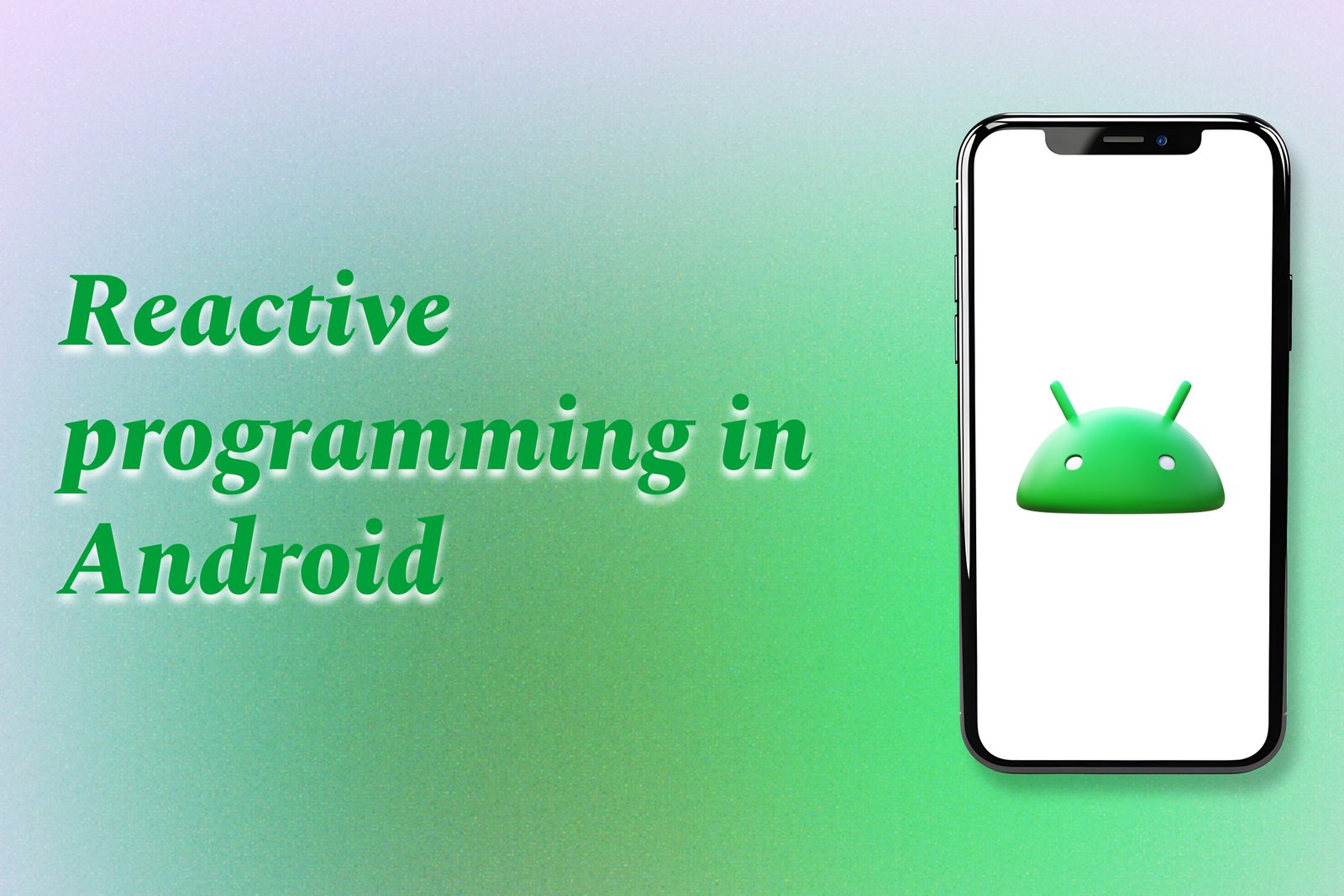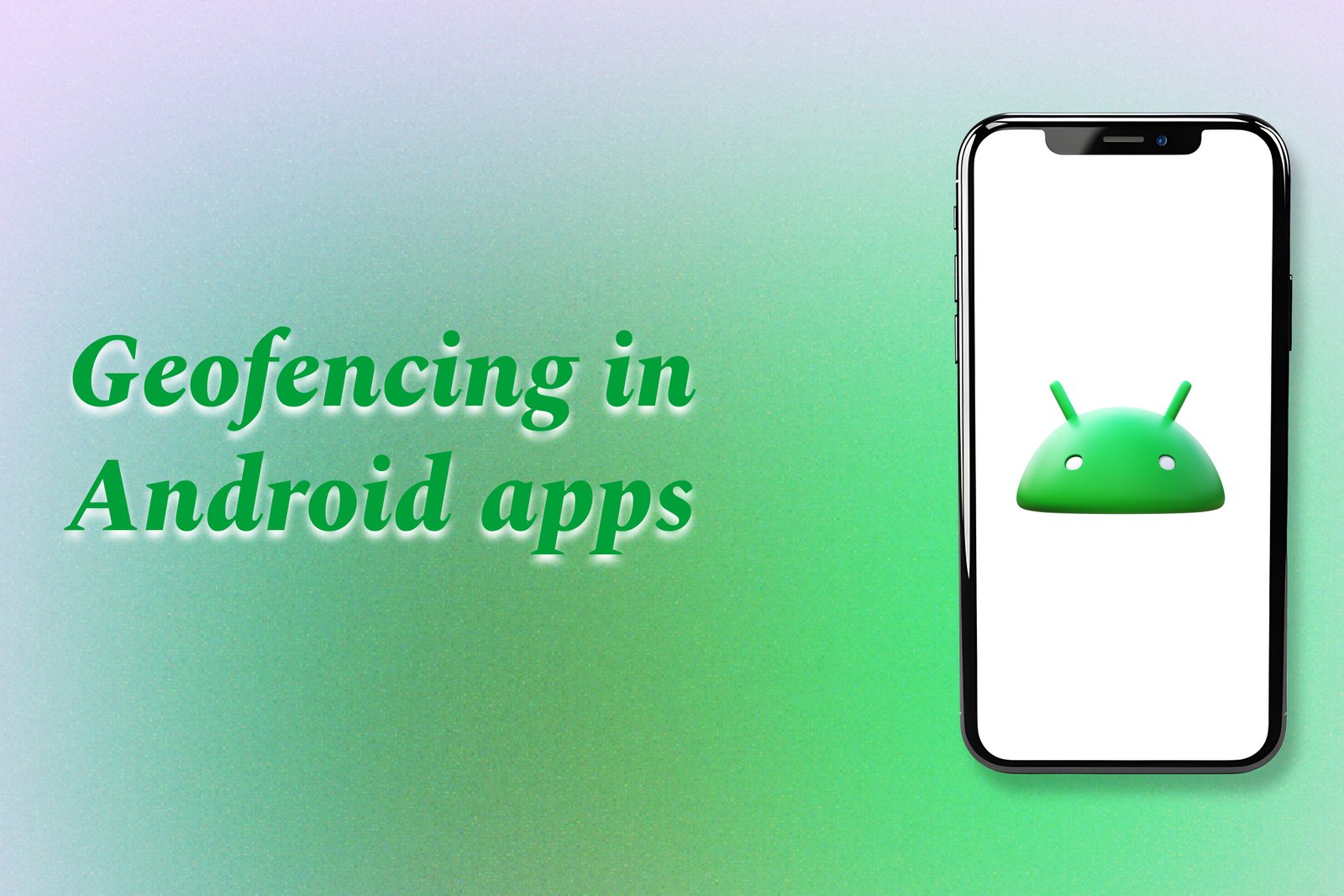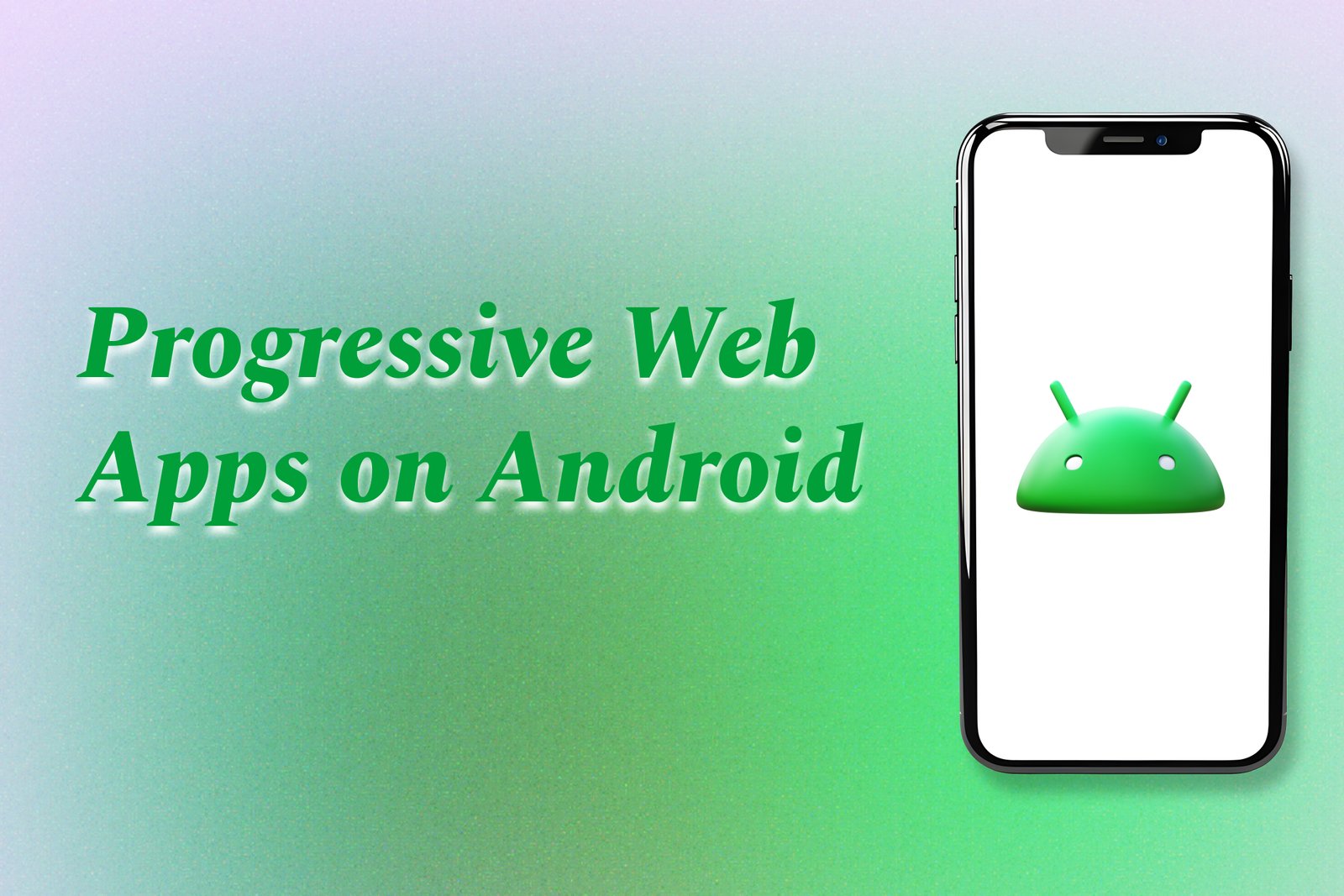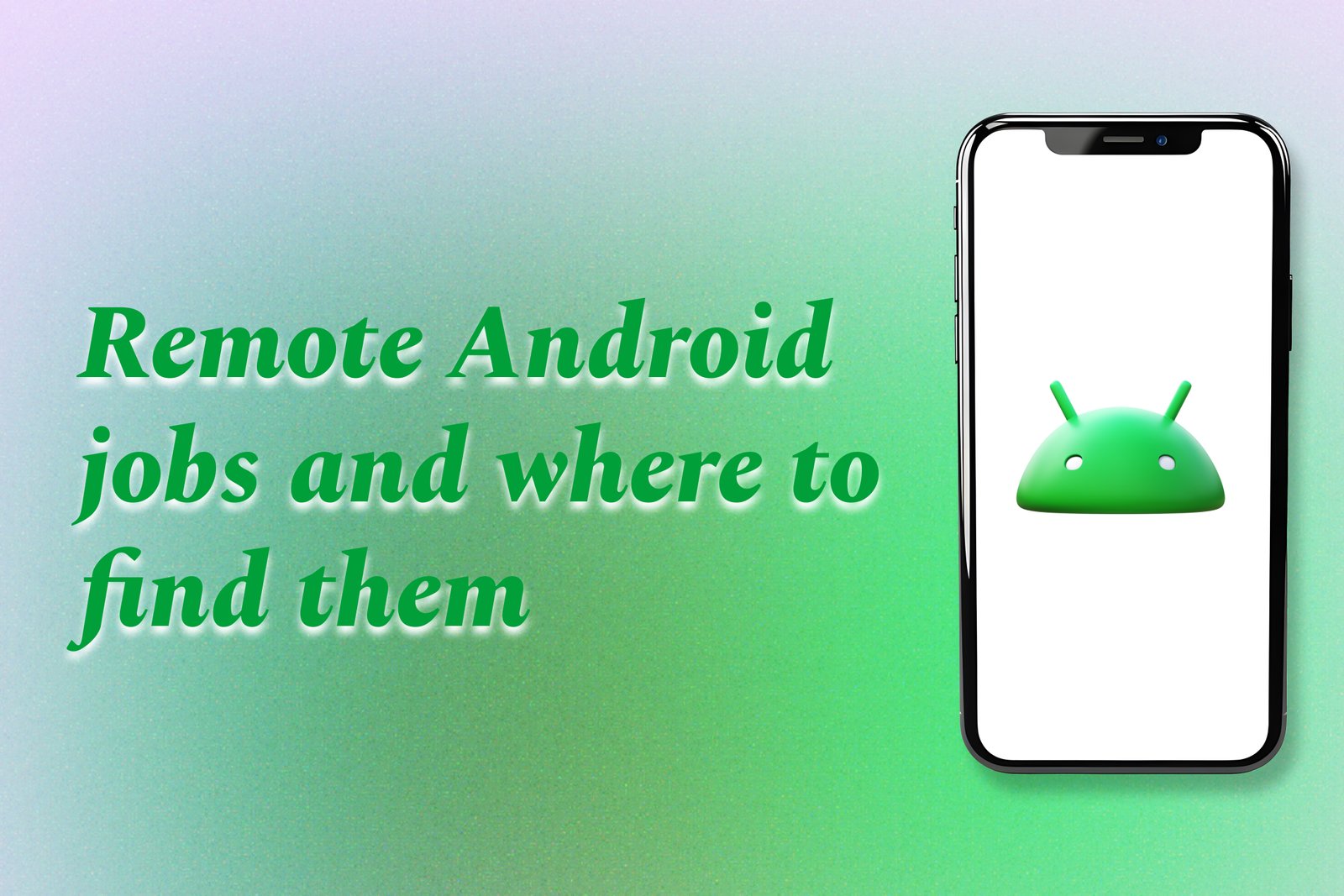Open-Source Android Projects To Contribute
Open-source Android projects are collaborative software initiatives where developers contribute to building applications and libraries for the Android platform. These projects are made publicly available, allowing anyone to view, use, modify, and distribute the source code. By participating, developers can contribute features, fix bugs, and enhance performance, all while adhering to collaborative practices. Engaging with open-source Android projects not only aids in honing technical skills and learning best practices but also fosters a sense of community, providing opportunities to connect with other developers and industry professionals.
Learn MoreResume Tips For Android Developers
Resume tips for Android developers focus on creating a compelling document that highlights your technical skills, relevant experience, and accomplishments in a clear and concise manner. Emphasize your proficiency in programming languages like Java and Kotlin, and showcase your projects, particularly those that demonstrate your ability to solve real-world problems using Android development principles. Include any relevant certifications, such as those from JustAcademy, to validate your expertise. Tailor your resume for each job application by incorporating keywords from the job description to improve your chances of getting noticed by recruiters and applicant tracking systems. Overall, a well-structured resume can effectively convey your qualifications and make a lasting impression in the competitive job market.
Learn Morecreating CUSTOM launchers for android
Creating custom launchers for Android involves developing an alternative home screen experience that allows users to personalize their device interface. A custom launcher replaces the default home screen with a unique design, enabling users to organize apps, widgets, and shortcuts according to their preferences. This level of customization enhances usability by offering features such as customizable layouts, themed icons, and personalized animations, providing an individual’s device with a distinct look and feel. Additionally, developers can incorporate innovative functionalities that improve performance and accessibility, making custom launchers a popular choice for users seeking to tailor their Android experience.
Learn MoreGoogle Play Store Optimization Tips
Google Play Store optimization, or App Store Optimization (ASO), involves enhancing the visibility and appeal of your app within the Google Play Store to increase downloads and user engagement. Key tips for effective ASO include selecting a compelling app title and subtitle that incorporate relevant keywords, crafting a clear and engaging app description to attract users, optimizing visuals such as icons and screenshots to effectively showcase the app’s features, and encouraging positive user ratings and reviews. Additionally, focusing on localized content and regularly updating your app with new features or bug fixes can further improve rankings and user satisfaction. By implementing these strategies, developers can significantly enhance their app’s performance in a competitive landscape.
Learn MoreFreelancing As An Android Developer
Freelancing as an Android developer involves offering your skills and expertise in creating mobile applications to clients on a project-by-project basis rather than working as a full-time employee for a single company. This role requires a strong understanding of Android development tools, programming languages like Java or Kotlin, and UI/UX design principles. Freelancers can choose from a variety of projects, work remotely, and set their own schedules, making it an attractive option for those looking to maintain flexibility in their careers. The demand for mobile applications continues to grow, providing ample opportunities for freelance Android developers to build their portfolios and earn a competitive income.
Learn MoreWebView Advanced Tips For Android
WebView in Android is a versatile component that enables developers to integrate web content directly into their applications, allowing users to view and interact with websites seamlessly. To enhance the effectiveness of WebView, consider implementing advanced tips such as leveraging caching to improve load times, using JavaScript interfaces to facilitate communication between the app and web content, and ensuring security by enforcing URL restrictions and blocking mixed content. By mastering these techniques, developers can create engaging and responsive applications that provide a rich user experience while maintaining performance and security.
Learn MoreFlutter Vs Native Android For Wearables
When choosing between Flutter and native Android for developing wearables, developers face a pivotal decision that influences performance and user experience. Flutter, a versatile cross-platform framework, enables the creation of visually engaging apps with a single codebase, facilitating quicker development and multi-platform deployment. This is especially advantageous in the rapidly evolving wearables market where speed is key. Conversely, native Android development provides deeper access to device hardware and greater optimization potential, making it the preferred choice for applications demanding high performance and specific hardware integration. Ultimately, the decision hinges on the app's complexity, required functionalities, and development resources.
Learn MoreGoogle Maps Integration In Android
Google Maps integration in Android involves embedding Google Maps features into mobile applications, allowing developers to showcase interactive maps, display location data, and provide navigation capabilities directly within their apps. This integration enhances user experiences by enabling functionalities such as map views, markers for points of interest, and real-time location tracking. Developers utilize the Google Maps API to access a range of tools and services, facilitating the creation of location-based applications that can improve usability in sectors such as travel, logistics, and social networking.
Learn MoreAndroid Auto App Design Guidelines
Android Auto app design guidelines are a set of principles and best practices established by Google to help developers create applications that are optimized for use in vehicles. These guidelines focus on enhancing driver safety and minimizing distractions by promoting a clean, simple interface, easy navigation, and voice commands. The goal is to ensure that apps deliver essential information and functionality while allowing drivers to maintain focus on the road. By following these design standards, developers can create engaging, user-friendly applications that integrate seamlessly with the Android Auto platform, ultimately improving the in-car experience for drivers and passengers alike.
Learn MoreMapbox Vs Google Maps For Android
Mapbox and Google Maps are two popular mapping platforms used in Android application development, each offering unique features and capabilities. Mapbox is known for its strong customization options, allowing developers to create tailored maps with various styles and designs to match their app's branding. It also supports offline maps, making it a great choice for applications that require access in low-connectivity areas. In contrast, Google Maps boasts an extensive database of geographical information and powerful APIs that provide reliable navigation, real-time traffic updates, and rich location data. While Mapbox is ideal for personalized aesthetics and offline functionality, Google Maps is preferred for its robust features and comprehensive data, making the choice dependent on the specific needs and goals of the application.
Learn Morebuilding android tv APPS
Building Android TV apps involves developing software applications specifically designed for Android-powered television platforms. These apps leverage a unique user interface optimized for large screens and remote control navigation, offering features tailored to enhance the viewing experience. Developers utilize the Android TV SDK to create engaging applications that can provide streaming services, games, and other interactive content. With capabilities like voice search and integration with Google Assistant, building Android TV apps presents an opportunity for developers to reach a wider audience and deliver rich multimedia experiences directly to users' living rooms.
Learn MoreChatbot Integration in Android Apps
Chatbot integration in Android apps involves embedding artificial intelligence-driven virtual assistants within the mobile application to facilitate real-time communication with users. These chatbots can answer questions, provide information, assist with transactions, and guide users through various features of the app, all via natural language processing. By integrating chatbots, developers enhance user engagement and satisfaction through immediate support and personalized interactions, ultimately leading to better retention and a streamlined user experience within the app.
Learn Moreandroid things and SMART DEVICES
Android Things is a Google-led platform specifically designed for developing smart devices and Internet of Things (IoT) applications. It enables developers to create powerful and connected devices using the familiar Android framework, allowing for easy integration of hardware and cloud services. With Android Things, manufacturers can build innovative smart devices—ranging from home automation systems to industrial equipment—that offer real-time data processing, machine learning capabilities, and seamless connectivity. This technology empowers users to enjoy enhanced automation, improved functionality, and a more interactive experience in their everyday environments.
Learn MoreAI Integration in Android Apps
AI integration in Android apps involves embedding artificial intelligence technologies to enhance application capabilities and user experiences. This can include features such as natural language processing for voice commands, machine learning for personalized recommendations, and computer vision for image recognition. By leveraging AI, developers can create smarter apps that learn from user interactions, predict needs, and automate tasks, ultimately leading to more intuitive and engaging mobile experiences. The integration of AI thus transforms traditional applications into intelligent solutions that cater to individual user preferences and improve overall functionality.
Learn MoreWhy Android Skills Are Future-Proof In 2025
Android skills are future-proof in 2025 due to the relentless growth of the mobile app market and the widespread reliance on Android devices across various sectors. With over two billion active Android devices worldwide, professionals skilled in Android development are in high demand to create innovative solutions that meet user needs. As businesses increasingly prioritize mobile-first strategies, the ability to develop, maintain, and enhance Android applications positions individuals to effectively respond to evolving market trends. Moreover, the ongoing advancements in technologies like AI, IoT, and 5G further expand the potential for Android applications, ensuring that those with these skills remain relevant and sought after in an ever-changing technological landscape.
Learn MoreDeveloping Apps For Wear OS
Developing apps for Wear OS involves creating software specifically designed for smartwatches powered by Google's wearable operating system. These applications are optimized for the unique user interface and interactions of wearable devices, allowing developers to deliver essential functions such as notifications, fitness tracking, health monitoring, and app integrations directly on the wrist. By leveraging features like voice commands, sensors, and companion smartphone apps, developers can create engaging experiences tailored to the on-the-go lifestyle of users, making Wear OS a significant platform in the landscape of mobile technology.
Learn Moreandroid apps with FACE DETECTION
Android apps with face detection utilize advanced algorithms to identify and analyze facial features within images or video streams. This technology enables various functionalities, such as secure user authentication, where users can unlock their devices or access applications simply by scanning their faces. Additionally, face detection enhances user interaction by powering features like augmented reality filters and personalized content recommendations. Overall, it transforms how users engage with apps, making experiences more intuitive, secure, and interactive.
Learn MoreReactive Programming In Android
Reactive programming in Android is a declarative programming paradigm that facilitates the management of asynchronous data streams, allowing developers to build applications that respond dynamically to changes in data and user interactions. By using libraries such as RxJava or Kotlin Flow, this approach simplifies the handling of complex asynchronous tasks, like API calls or database queries, making it easier to update the UI reactively based on data changes. This results in more efficient, responsive applications where developers can express their intent clearly, leading to maintainable code and enhanced user experiences.
Learn MoreGeofencing In Android Apps
Geofencing in Android apps is a feature that allows developers to create virtual boundaries around specific geographical locations. When a user’s device enters or exits these predefined areas, the app can trigger actions, such as sending notifications, alerts, or specific content tailored to the user's current location. This technology enhances user engagement and provides personalized experiences, making it ideal for applications in retail, marketing, and event management, where location-awareness can drive more relevant interactions and improve customer service.
Learn MoreProgressive Web Apps On Android
Progressive Web Apps (PWAs) on Android are innovative web applications that combine the accessibility of web pages with the functionality of native mobile apps. They offer features such as offline access, push notifications, and an app-like user experience while being easily accessible through a web browser without the need for installation from an app store. PWAs are designed to be responsive, ensuring optimal performance across a range of devices, and they leverage modern web technologies to create fast, reliable, and engaging applications that enhance user interaction and retention.
Learn MoreRemote Android Jobs and Where to Find Them
Remote Android developer jobs involve designing, building, and maintaining applications for Android devices while working from any location outside of a traditional office environment. These roles provide flexibility and often require skills in programming languages like Java or Kotlin, along with experience in Android SDK and various development tools. To find remote Android developer positions, job seekers can explore platforms such as LinkedIn, Indeed, and Glassdoor, as well as niche sites like Remote.co, We Work Remotely, and Stack Overflow Jobs, which specifically cater to remote job opportunities in the tech field.
Learn More